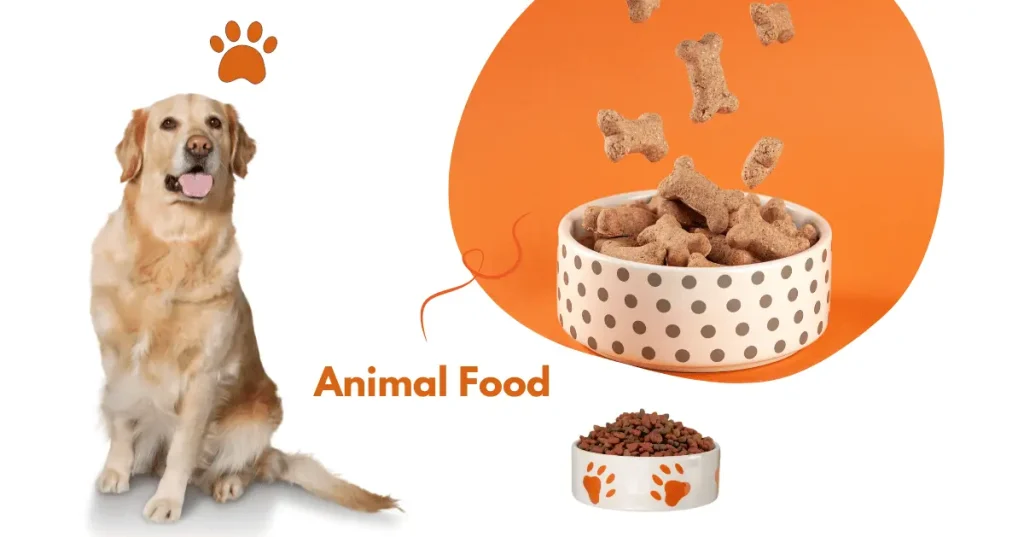Dogs eating poop, also known as coprophagia, is a common behavior that many dog owners find disgusting and frustrating. While it may seem like there is no solution to this issue, the truth is that there are steps you can take to stop your dog from eating their own or other animal’s feces.
One of the first things you should do if your dog is eating poop is to consult with your veterinarian. This behavior can be caused by a medical issue, such as a nutrient deficiency or digestive problem, so it’s important to rule out any underlying health problems first.
How do I stop my dog from eating its poo?
Potential Causes
There are several potential causes for why dogs engage in coprophagia, including:
- Nutrient Deficiency: Dogs that are lacking certain nutrients in their diet may resort to eating poop as a way to fulfill those nutritional needs.
- Boredom or Lack of Stimulation: Dogs who are not getting enough physical and mental stimulation may turn to eating poop as a form of entertainment.
- Natural Instincts: In the wild, dogs may eat poop as a way to keep their den clean or to hide the scent from potential predators.
- Attention-Seeking Behavior: Some dogs may eat poop as a way to get attention from their owners, even if it’s negative attention.
What can I put in my dog’s food to stop them from eating poop?
While there is no magic ingredient that will immediately stop your dog from eating poop, there are a few things you can add to their food that may help deter this behavior.
- Pineapple: Adding a small amount of pineapple to your dog’s food has been known to make their feces taste bitter, making it less appealing for them to eat.
- Pumpkin: The high fiber content in pumpkin can help improve digestion and make your dog’s poop less appealing to them.
- Adequate Nutrition: Make sure that your dog is getting a balanced and nutritious diet, as nutrient deficiencies can contribute to coprophagia.
- Probiotics: Adding probiotics to your dog’s food can help regulate their digestive system and may reduce the likelihood of them eating poop.
- Consult with Your Vet: Your veterinarian may also recommend adding certain supplements or enzymes to your dog’s diet to help address any underlying health issues that could be causing this behavior.
Other Tips for Preventing Coprophagia
In addition to adjusting your dog’s diet, there are a few other steps you can take to help stop this behavior:
- Keep Your Yard Clean: If your dog has access to their own feces or that of other animals in the yard, it’s important to regularly clean up and dispose of any waste.
- Train Your Dog: Teaching your dog basic obedience commands and providing mental stimulation through training can help redirect their attention away from eating poop.
- Provide Adequate Exercise: Making sure your dog is getting enough physical activity can help prevent boredom and reduce the likelihood of them engaging in this behavior.
- Use Positive Reinforcement: Instead of scolding or punishing your dog for eating poop, focus on rewarding them when they exhibit positive behaviors.
Remember, stopping coprophagia may take time and patience. Stay consistent with these tips and consult with your veterinarian for further guidance. With the right approach, you can help your dog break this habit and live a healthier and happier life. So keep calm and continue to work towards finding the best solution for your furry friend’s needs. The key is to be patient and understanding while also taking proactive steps to address any underlying issues that may be causing this behavior.
Frequently Asked Questions
- Why is my dog eating poop all of a sudden?
Sudden changes in your dog’s behavior, including eating poop, can be a sign of an underlying health issue, stress, or a change in their environment or diet. It’s always best to consult with a veterinarian if you notice sudden behavioral changes to rule out any potential health problems.
- Can eating poop make my dog sick?
While many dogs that eat poop do not get sick, there’s always a risk that they could contract a disease or ingest parasites from eating feces, especially if it’s from another animal. This is why it is crucial to address this behavior and keep your pet’s environment clean.
- How can I train my dog to stop eating poop?
Training your dog to stop eating poop requires patience and consistency. Use basic obedience commands and provide mental stimulation through training. Reward your dog for ignoring feces and re-direct their attention towards more acceptable behaviors.
- Should I punish my dog for eating poop?
Punishing your dog for eating poop is not recommended. Punishment can lead to stress and anxiety, which could make the behavior worse. Instead, focus on positive reinforcement and reward your dog for positive behaviors.
- Can my dog’s food contribute to this behavior?
Yes, a nutrient deficiency can lead your dog to eat their own or other animal’s feces. Ensure your dog is receiving a balanced and nutritious diet. If you’re unsure about what to feed your dog, consult with your veterinarian.
- How long will it take to stop my dog from eating poop?
The length of time it takes to stop your dog from eating poop can vary depending on the cause and your dog’s characteristics. Stay patient and consistent with the preventive measures and consult your veterinarian for further guidance.
Bottom Line
Coprophagia can be a frustrating and concerning behavior, but with patience, consistency, and proper care, you can help your dog overcome this habit. Remember to focus on providing a nutritious diet, adequate exercise and mental stimulation, and positive reinforcement for good behaviors. And if you ever have any concerns or questions about your dog’s health, always consult with your veterinarian for guidance and support.
**Disclaimer: The information provided in this document is not intended to be a substitute for professional veterinary advice or treatment. Always consult with a veterinarian if


